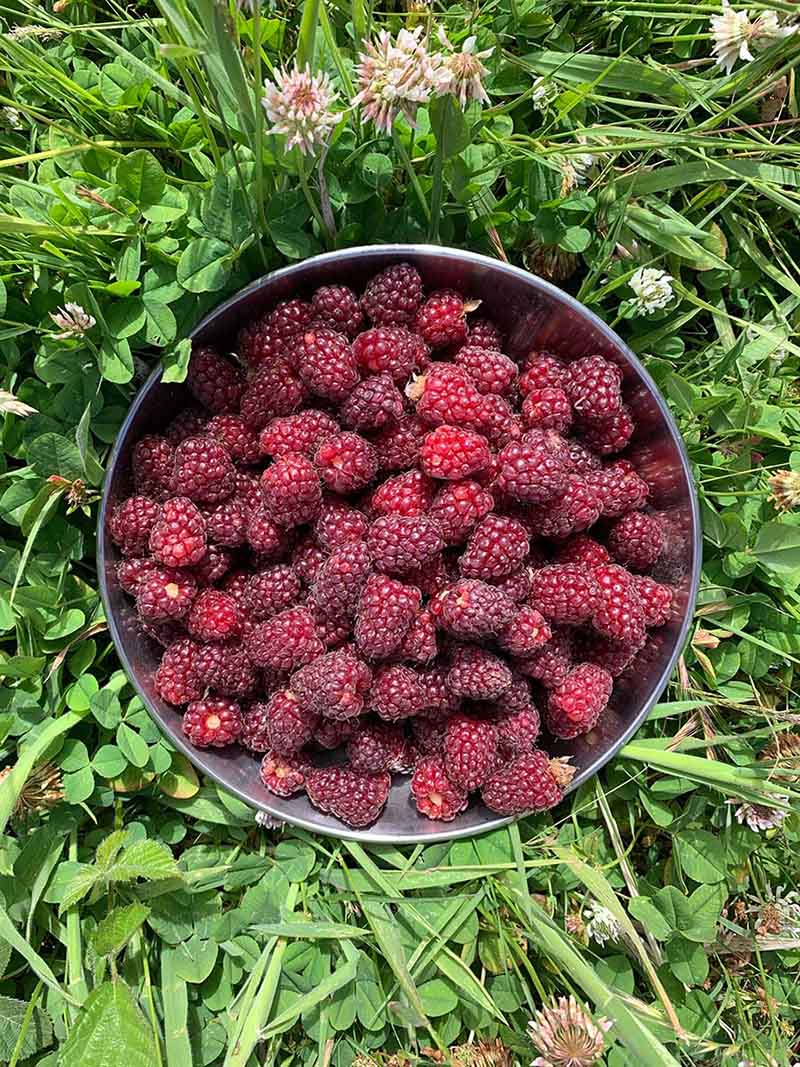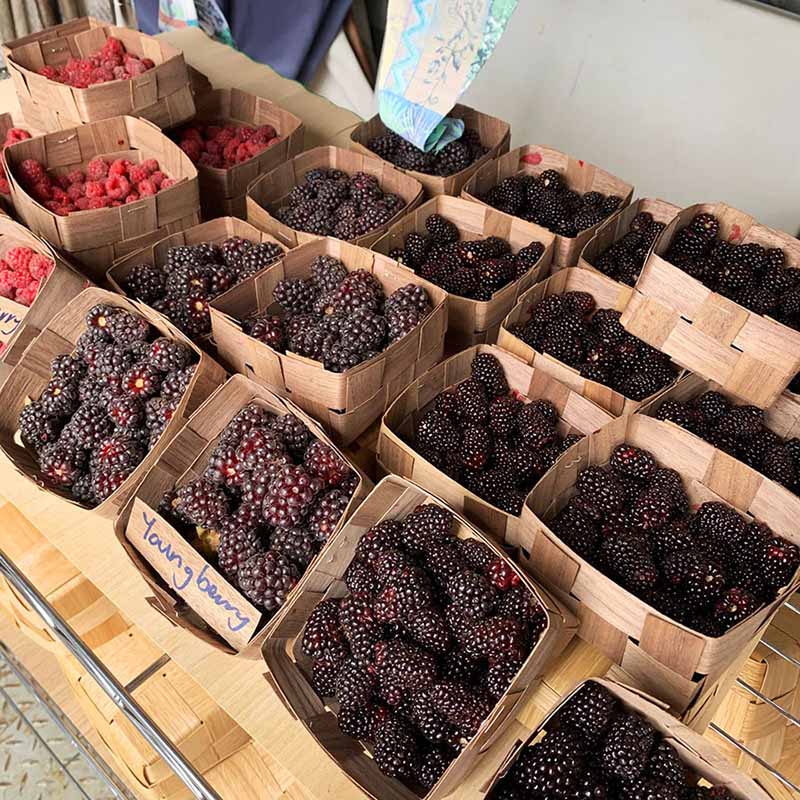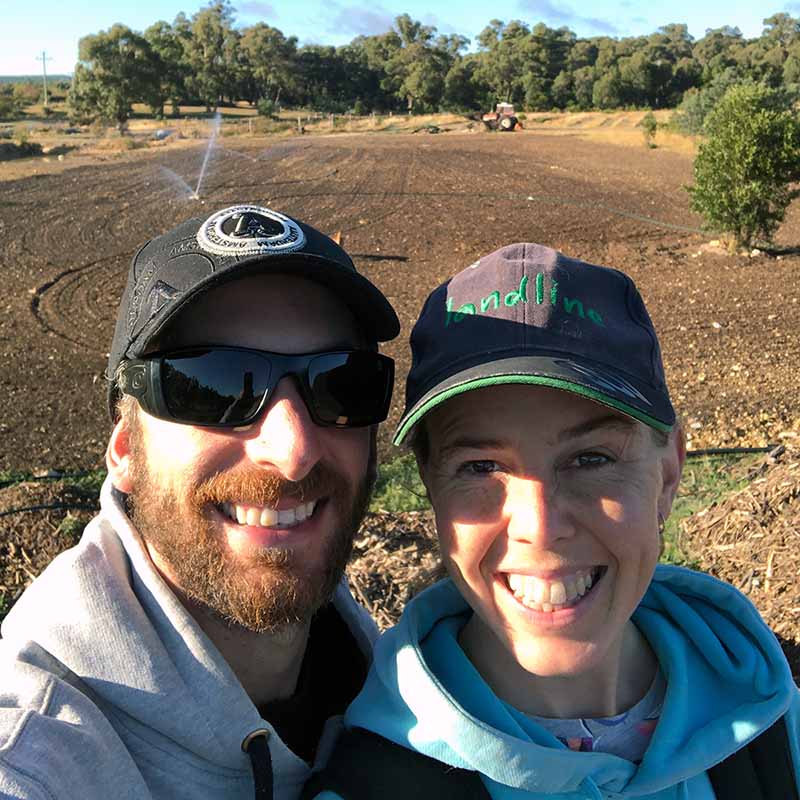Without any farming experience, making the change to becoming berry farmers was a massive learning curve for Claire and Pete. There were some things, however, that they had wished they had known before they took the leap.
Beware of legislation, licenses and permits
One of the most important parts of setting up a business is making sure that you are on top of the appropriate permits and regulations. This became quite the headache for Claire and Pete early on, especially concerning their property's water usage permits. They had assumed they would be able to irrigate their crops with water from the dam on their property, but the local legislation for farms would not allow them to use the dam water for commercial purposes. Instead, they had to spend tens of thousands dollars drilling a bore and building a treatment facility for that water. This was something they didn't know before buying the property, and it almost made them decide to sell. In hindsight, they wish they had known about this legislation earlier, as it would've weighed into whether they purchased the property or not.
State, territory and local governments manage the licences and permits for the agriculture industry. If you are looking to set up an agricultural operation, the insurance, licences and permits you may need include:
- water usage
- clearing vegetation
- disposal of waste
- fire management and safety
- handling livestock and animals
- erecting fencing, property or other structures
- handling, storage and use of chemicals or dangerous substances
- public liability insurance
- place of assembly
- bushfire management plan
Many state and local councils offer online business templates that can map out requirements for permits. Check online to see if your local area offers a similar tool.
Patience before profit
It took Claire and Pete all their savings and the better part of four years still working their day jobs before they could make the switch to managing Morningswood Farm full time. Starting a farm requires a big investment of time and money before profits are seen. It's doable for the average person, but it takes commitment, sacrifice and patience.
Don't be afraid to do things differently
Pete and Claire set out to be different, to use organic practices, to lower their waste and to create a business that is grounded in community. Doing things differently can be the way that you make your mark in the industry, and one of the best places to start is online. Researching alternate production methods is the perfect way to discover how to farm in a way that aligns with your ethics and goals. There are endless resources at farmers' fingertips today, and this is what makes best-practice agriculture and doing things differently attainable.




